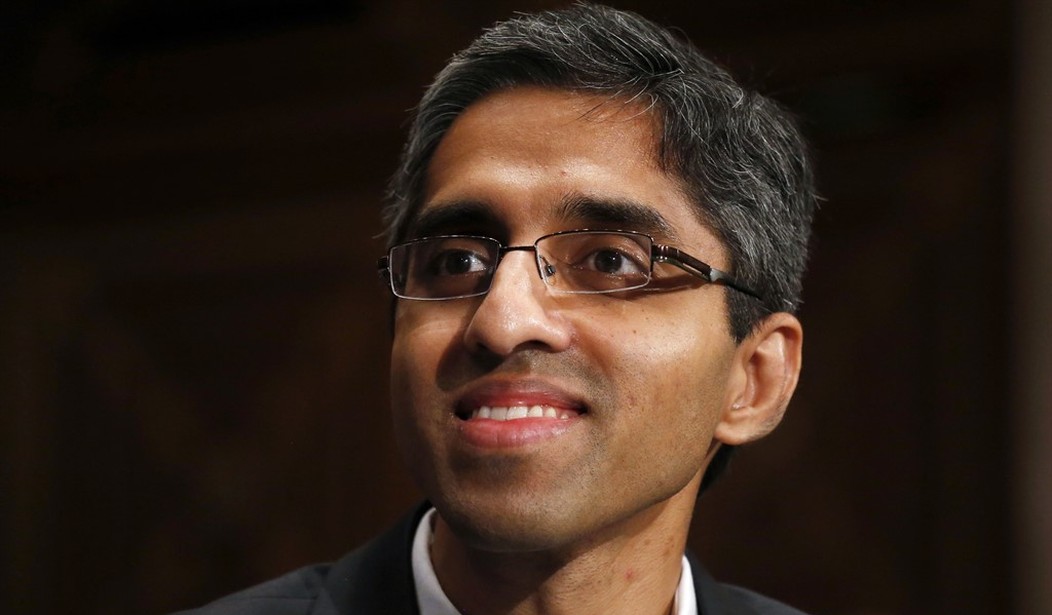U.S. Surgeon General Vivek Murthy released a brochure this week warning Americans that memes and online graphs may lack context and be considered a type of "health misinformation."
"With the authorization of COVID-19 vaccines for children 5 to 11 years old, it is more important than ever that families have access to accurate, science-based information," Murthy said in a Tuesday press release. "Health misinformation is spreading fast and far online and throughout our communities."
"The good news is that we all have the power to help stop the spread of health misinformation during this pandemic and beyond," he continued. "That’s where this toolkit comes in – to provide Americans with?resources to help limit and reduce this threat?to public health."?
The Community Toolkit for Addressing Health Misinformation includes a misinformation checklist, tips on how to speak to loved ones about health, an outline of common types of misinformation and examples of times people may have encountered misinformation.
The toolkit targets memes, edited videos, illegitimate websites, outdated images and "cherry-picked statistics" as tools of coronavirus misinformation. It added that information provided through these mediums may contain a "kernel of truth" but sometimes "lack context."
Recommended
The documents urge Americans not to share health information online until they verify it with the Centers for Disease Control and Prevention website, a health care professional or another credible source through an online search engine.
"Health misinformation is causing harm to individuals and to communities, but talking to one another about its impact can help slow the spread by prompting us to think twice about the information we’re reading and sharing," the document reads.

























Join the conversation as a VIP Member